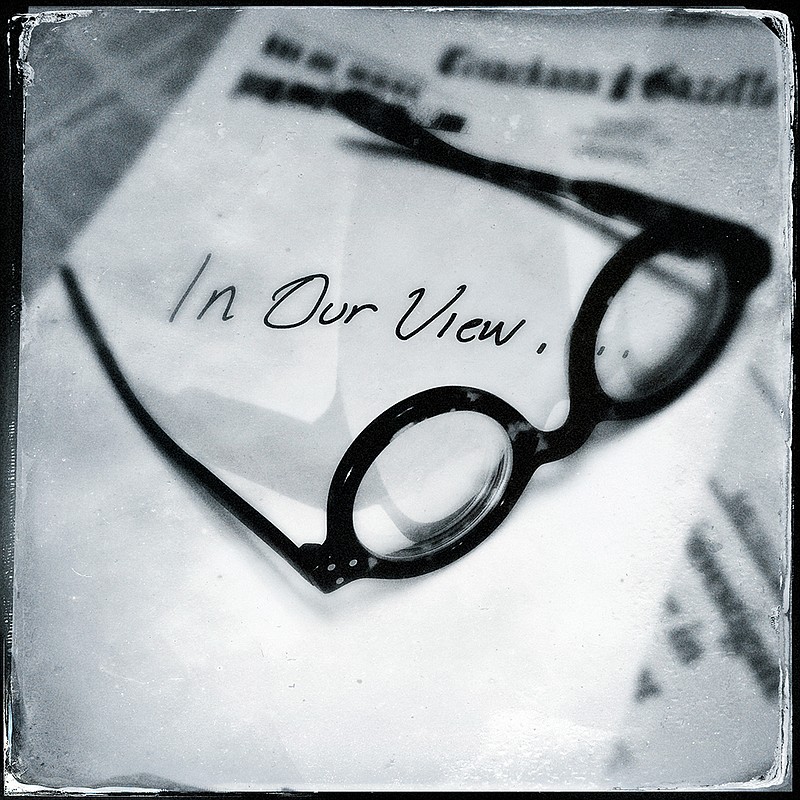How does one determine "usual and customary" charges when you are talking about medical services?
Well, that's a question the Texas Supreme Court had to consider when deciding a recent case.
In June 2015, a woman named Crystal Roberts had a car accident and was taken to North Cypress Medical Center near Houston. She was there about three hours for lab tests, x-rays and the like. Then she was sent home, to be greeted later with a bill for $11,037.35.
That's the "chargemaster" rate, the full price for anyone without health insurance and access to the customary, often deep discounts insurance companies negotiate with providers.
Well, Roberts decided to fight, saying the bill was excessive. The hospital disagreed, and so the case went to court.
But there was a hitch. Comparing how much the hospital was willing to accept from insurance companies for services would require disclosing the terms of their agreements. The trial court ordered the hospital to do so, but the hospital fought against giving up the numbers every step of the way, taking the matter to an appeals court, losing there, and then to the state's highest court.
Where they lost again. The justices ruled that there was no way for Roberts to prove her claim unless the hospital revealed details of the charges it accepts from insured patients. Note that the state Supreme Court did not rule on the merits of Roberts' claim. They said the hospital's contracts with the insurance companies are discoverable. If the hospital wishes to continue fighting, it is going to have to produce those contracts or find a higher court to eventually side with it.
We think the court is right on this.
Insurance companies can negotiate better rates since they have a large pool of potential patients to offer. That's just business. The uninsured don't have that purchasing power, so they will pay more. But how much more? That's up to the provider, and we have no argument with that. But we think uninsured consumers should know how much more they are paying. And have at least enough information to determine the best deal among their area providers. And they can't do that as long as details on pricing and special rates remain off limits to them. This case won't force more transparency, but it may send a message to medical providers. Or perhaps regulators and lawmakers.

